Oct 14, 2016
Mosul Operation: Why the Gulf States Remain Distrustful of Abadi’s Policies
In a radio address to the residents of Mosul on Tuesday October 4, Iraqi Prime Minister Haidar al-Abadi pledged that the city would soon be liberated from ISIS. Abadi also called on residents to cooperate with Iraqi security forces once they enter the country’s second largest city with military support from the US-led International Coalition....
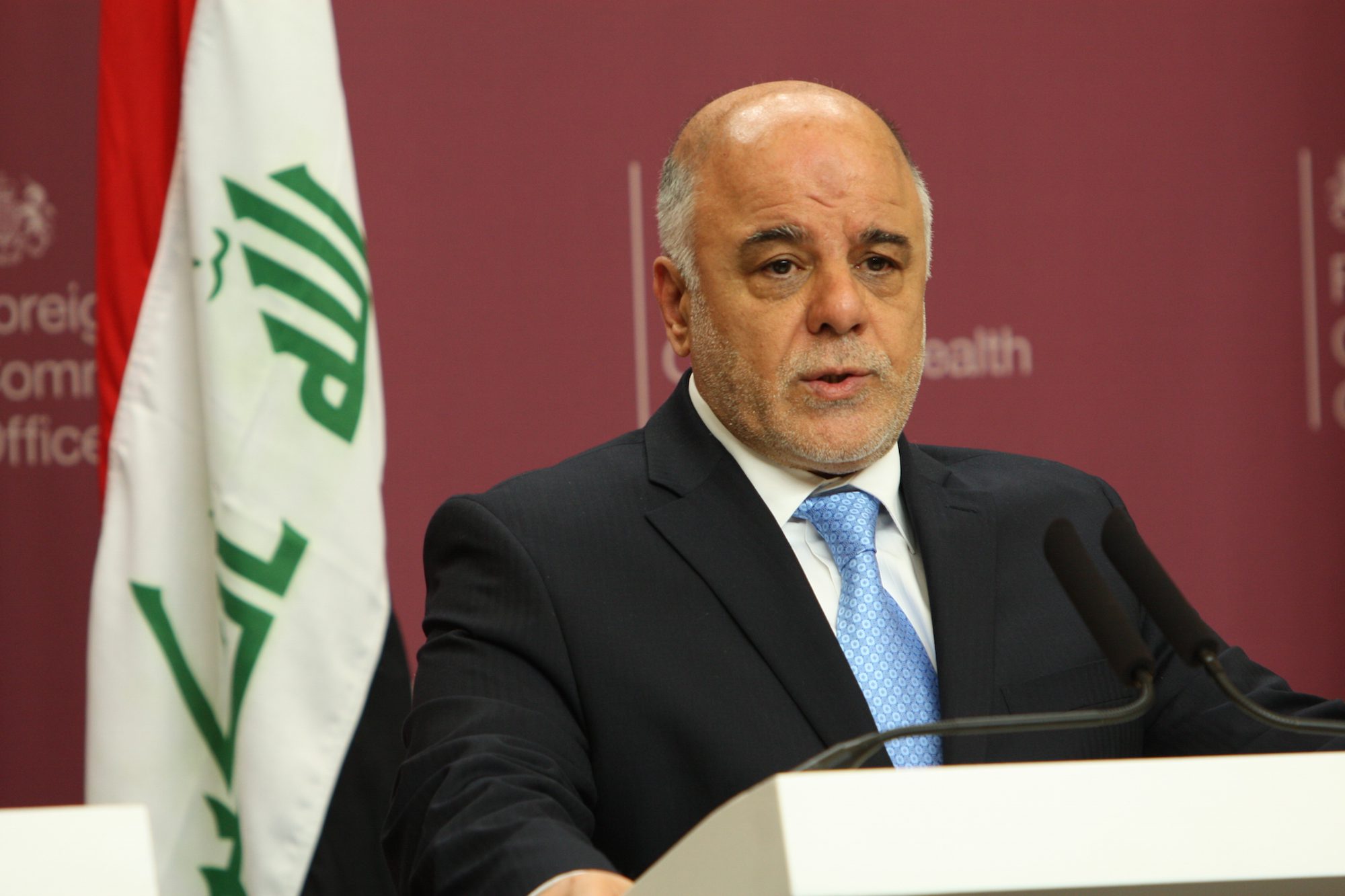
In a radio address to the residents of Mosul on Tuesday October 4, Iraqi Prime Minister Haidar al-Abadi pledged that the city would soon be liberated from ISIS. Abadi also called on residents to cooperate with Iraqi security forces once they enter the country’s second largest city with military support from the US-led International Coalition.
The upcoming Mosul operation has been depicted respectively by Washington and Baghdad as the beginning of the end for ISIS, which has firmly controlled the city since June 2014. While Iraqi security forces, with the support from the Kurdish Peshmerga fighters along with various Shiite militia groups are expected to carry out the brunt of the fighting, the International Coalition has coordinated the military strategy; it has also outlined contingency plans for reconstruction as well as for how to deal with the up to one million people which are expected to flee Mosul.
Saudi Arabia looked surprisingly reticent. Yet despite its proactive approach in leading a Muslim alliance against terrorism, it has yet to pledge a single dollar for reconstruction plans for Mosul.
The UAE has distinguished itself as a small but particularly capable US ally against terrorism, especially the counterinsurgency program it special forces are leading against fighting al-Qaeda in the Arabian Peninsula in southern Yemen, and its willingness to accept 15 released Guantanamo Bay detainees. Yet it, too, has maintained a noticeably arm’s-length stance towards the conflict in Iraq and only recently pledged $50 million in post Mosul reconstruction assistance.
So has another key regional partner, Qatar. That Bahrain also chose not to pledge any direct support for this project.
The basic explanation for Saudi Arabia, the UAE and Qatar’s decision not to contribute to this round of pledges for Iraq is almost certainly informed by their profound distrust of Prime Minister al-Abadi and his Shiite-dominated government’s sectarian policies within Iraq, and perceived closeness to Iran regionally.
This article was originally published by Al Arabiya.
The views represented herein are the author's or speaker's own and do not necessarily reflect the views of AGSI, its staff, or its board of directors.


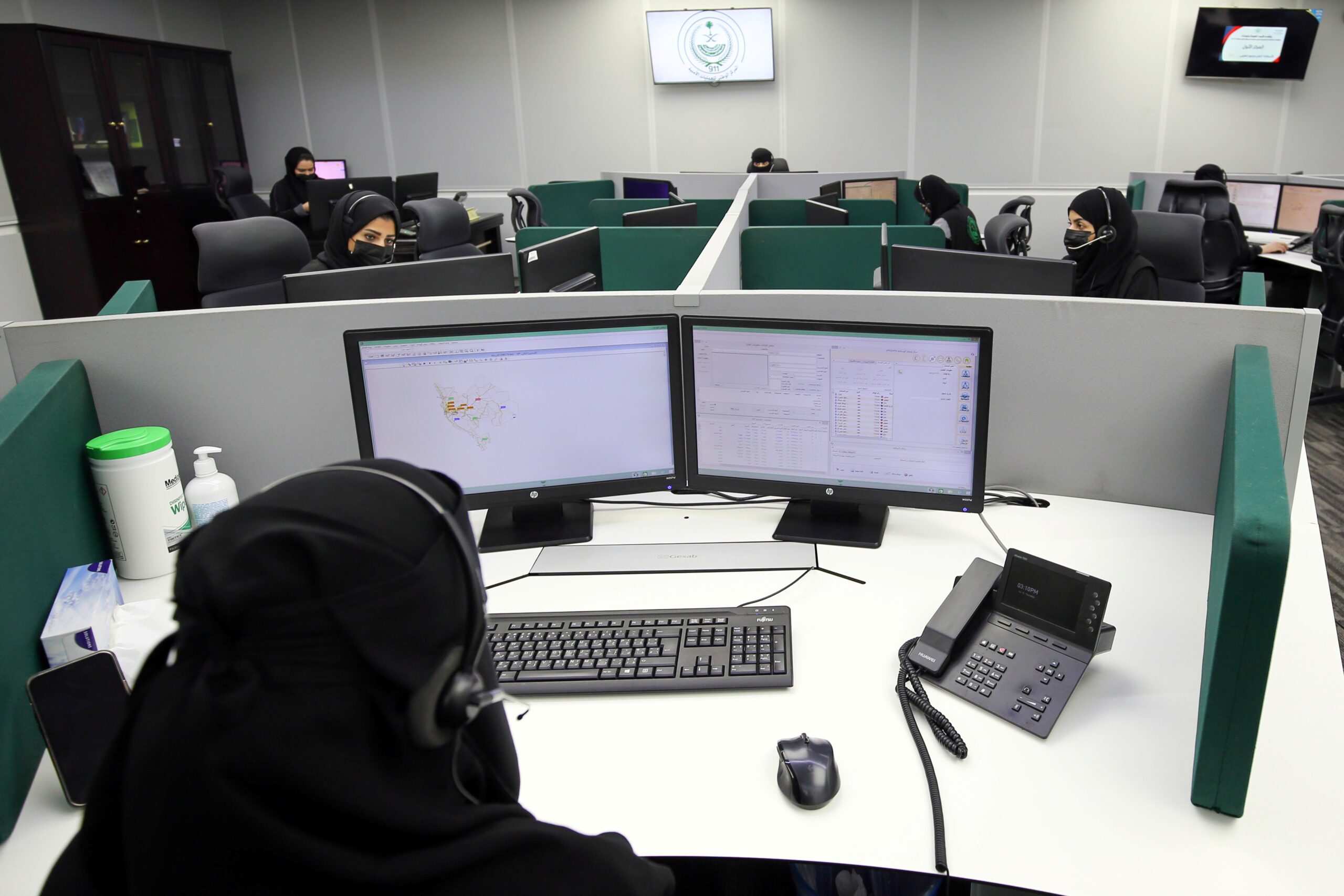

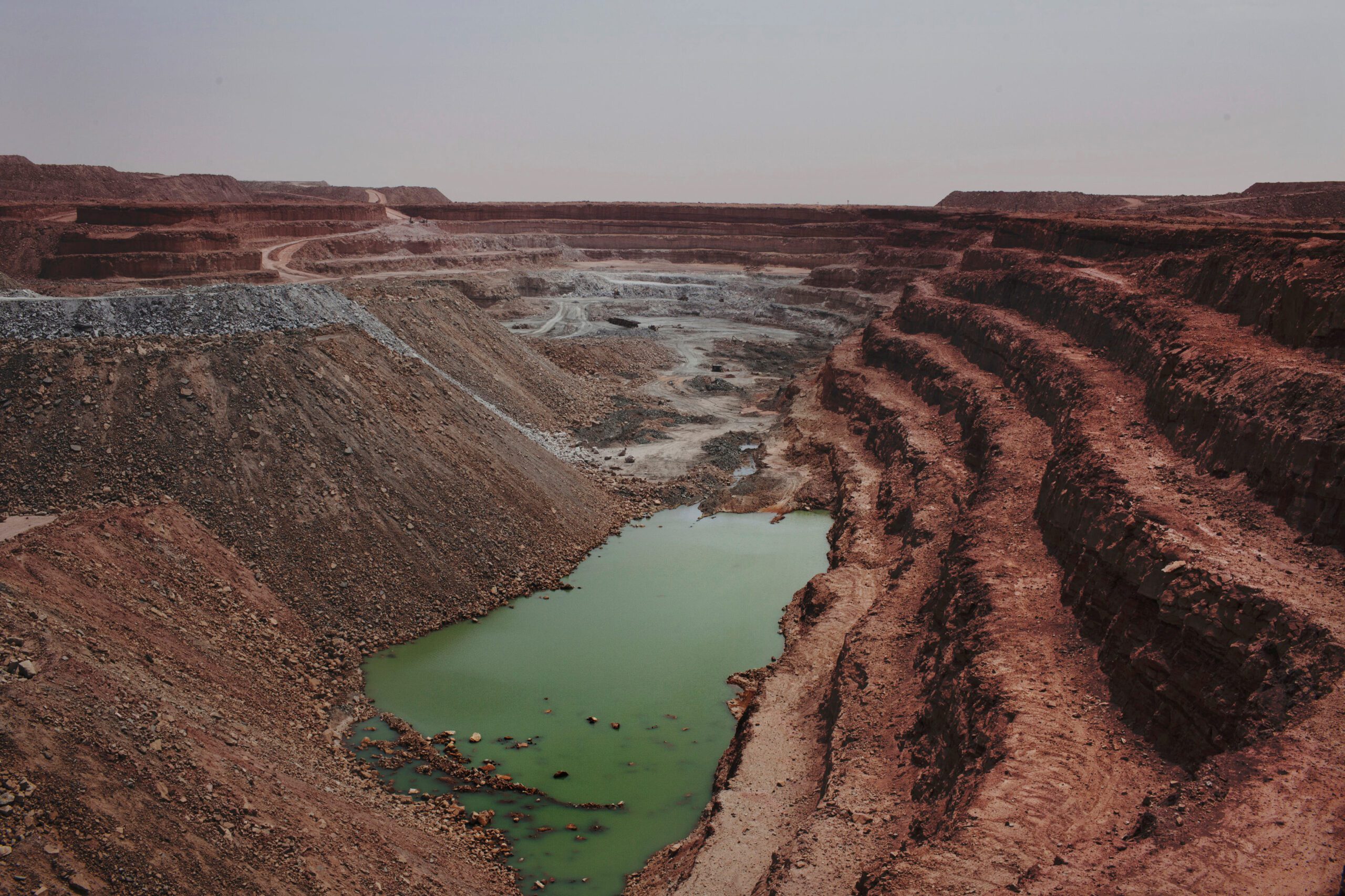

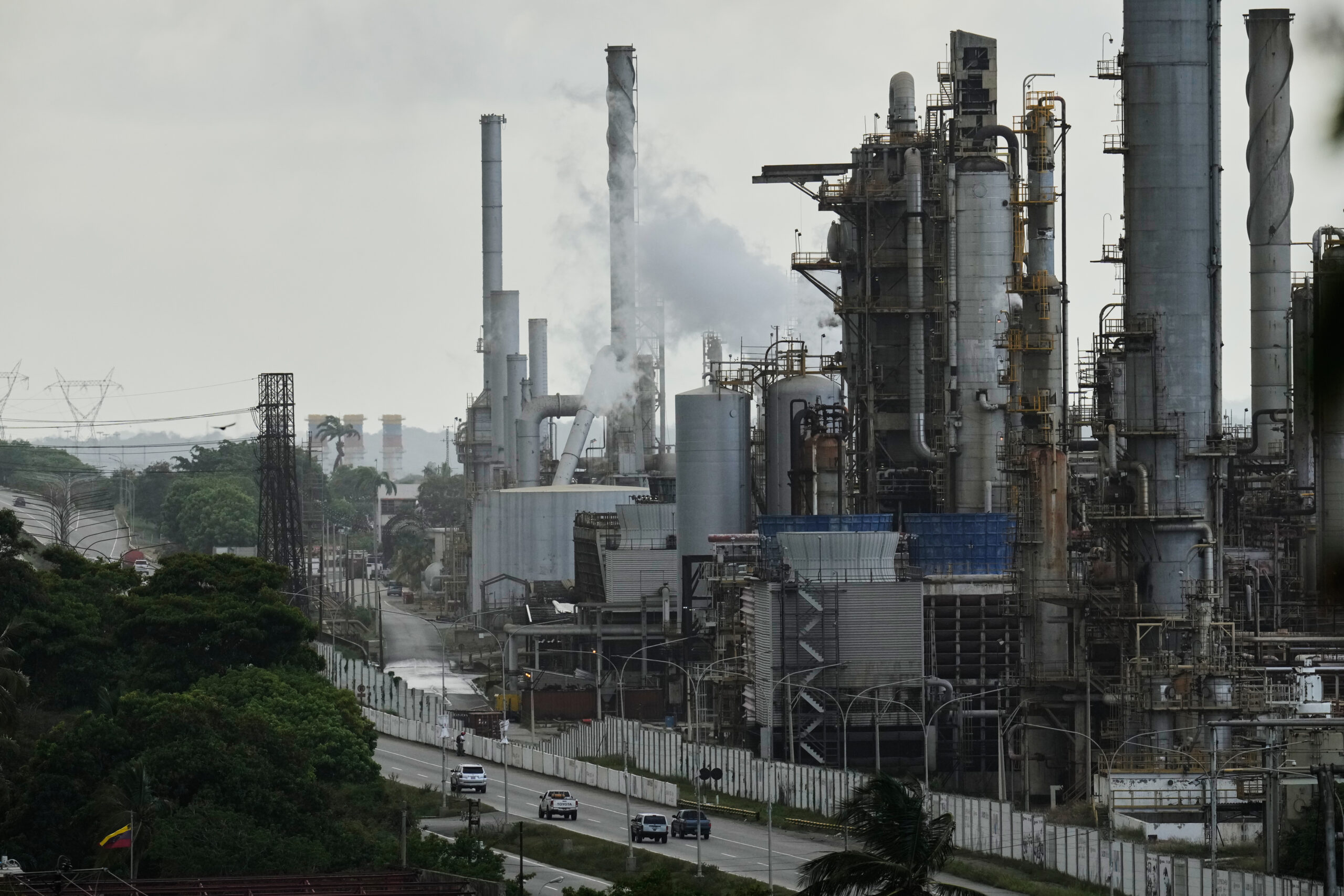
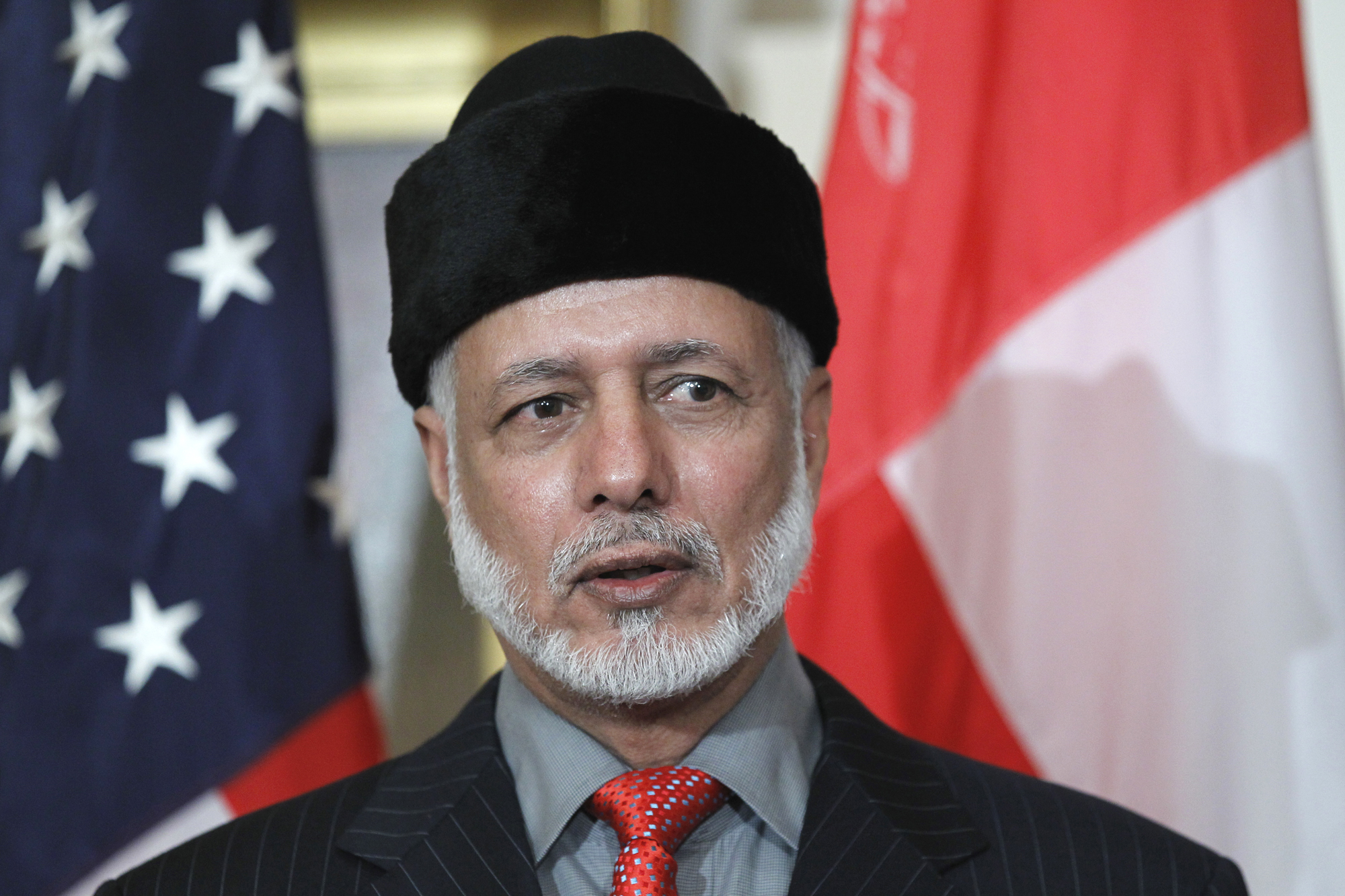
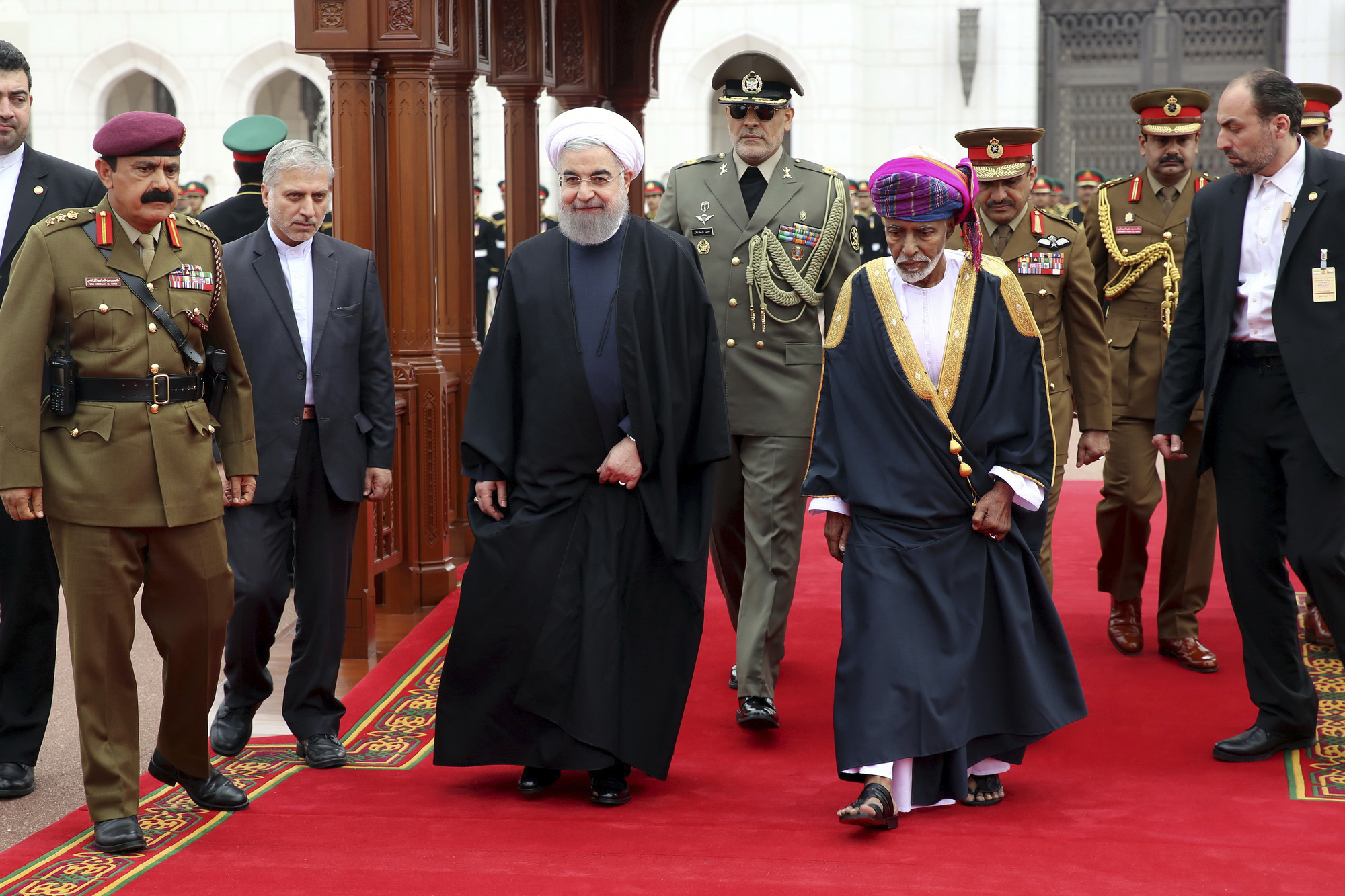

Jan 3, 2017
Will Trump Preserve Obama’s Iran Policies?
Since winning the greatest political upset in modern American history, Donald Trump has since taken on the US defense industry by publicly questioning whether Boeing was overcharging the American taxpayer for its government contract to build the next version of Air Force One, the presidential jet.
6 min read